In the tapestry of life, we often encounter threads of adversity and hardship that leave indelible marks upon our souls. Trauma, in its many forms, can shatter our sense of safety, trust, and well-being, leaving us feeling broken, fragmented, and alone. Yet, amidst the wreckage of trauma, there exists a profound source of healing and resilience: the power of human connection.
Trauma is not merely an individual experience; it reverberates through the fabric of our relationships, impacting our ability to trust, to connect, and to feel safe in the world. For many survivors of trauma, the journey toward healing can feel like an isolating and solitary path, fraught with fear, shame, and uncertainty. Yet, it is precisely during these moments of darkness that the light of human connection shines most brightly.
At its essence, human connection offers a beacon of hope to those who have been touched by trauma, providing solace, support, and a sense of belonging that is essential for healing and recovery. Whether it's a compassionate word from a friend, a comforting embrace from a loved one, or a shared moment of understanding with a fellow survivor, these connections remind us that we are not alone in our pain and that there are people who care about our well-being.
One of the most profound benefits of human connection in trauma recovery is its ability to provide a safe space for healing and expression. When survivors of trauma are met with empathy, compassion, and validation from others, it can help to alleviate feelings of shame, guilt, and self-blame that often accompany the experience of trauma. Knowing that they are seen, heard, and valued by others can create a sense of safety and trust that is essential for exploring and processing painful memories and emotions.
Moreover, human connection plays a crucial role in restoring a sense of agency and empowerment to survivors of trauma. When individuals form meaningful connections with others who share similar experiences and values, they are able to reclaim their voice, their identity, and their power in the face of adversity. Peer support groups, therapy, and community organizations provide spaces where survivors can share their stories, advocate for their needs, and mobilize for change, empowering them to become agents of their own healing and transformation.
Additionally, human connection helps to address the pervasive sense of disconnection and alienation that often accompanies trauma. By forming trusting relationships with therapists, counselors, and support group members, survivors can begin to rebuild their capacity for intimacy, trust, and vulnerability, fostering a deeper sense of connection and belonging in their lives. Through the process of connection and collaboration, survivors can cultivate resilience, meaning, and purpose from their experiences of trauma, transforming their pain into a source of strength and wisdom.
In conclusion, human connection is an essential component of trauma recovery, offering a pathway to healing, growth, and resilience for survivors navigating the complexities of their experiences. By fostering meaningful connections with others who share similar journeys and values, survivors can find solace, support, and a sense of belonging that is essential for reclaiming their lives and rebuilding their sense of self. As we continue to work towards breaking the silence surrounding trauma and promoting greater understanding and compassion for survivors, let us reaffirm our commitment to building communities of connection and support that empower individuals to heal, thrive, and reclaim their rightful place in the world.

